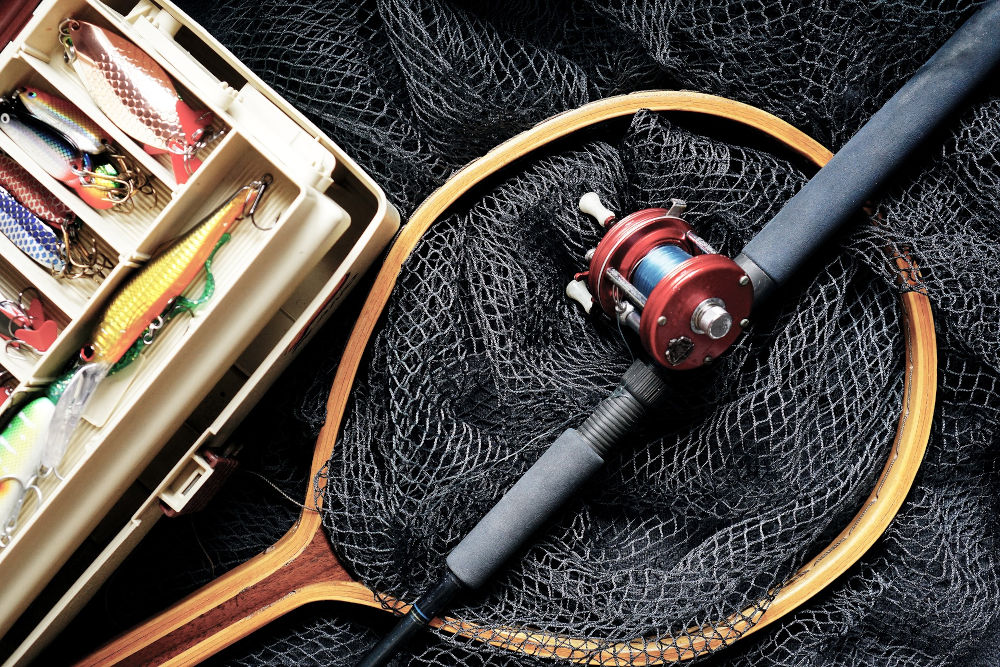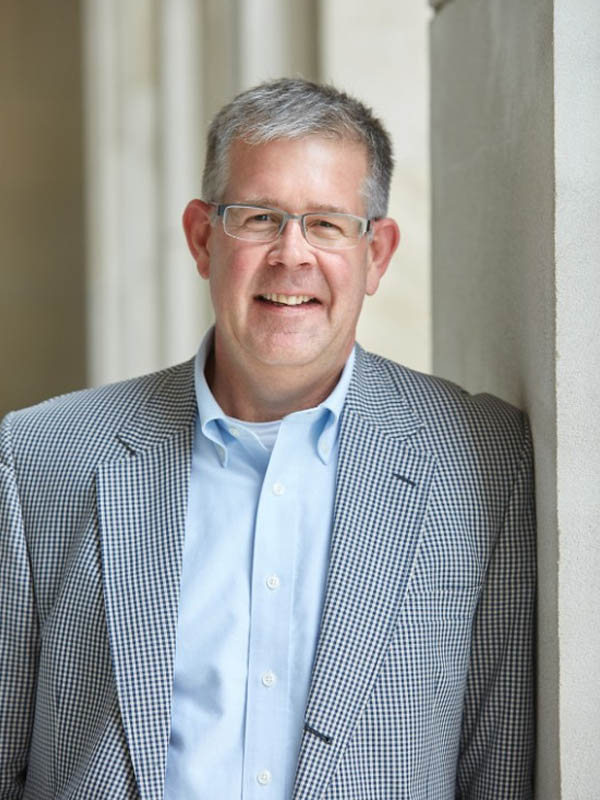Shame: A Fishing Story
By Robert J. Baird, PhD
September 2021

At a family reunion several years ago at my parent's summer cottage in upstate New York, my siblings and their children bested me in a competitive fishing derby. Growing up, I had fished those waters every day of every summer. Others would occasionally dip a line in the water, but I was the fisherman in the family. But on this particular day I got skunked while the others brought in quite the haul. No one else knows how to gut and clean fish except me, and while doing that work, I pouted and sulked like a petulant child. I wanted a rematch in order to soothe my wounded pride.
The following morning, I volunteered to drive the 14 miles into town to get groceries, but my mission was to get intel at the two local bait shops. There was no way I would lose the second round. So off to town I went, grocery list in hand, and in the trunk of my car were several bags of fish heads and guts. At the cottage there isn't curbside pick-up, and trash has to be transported to the town dump/sanitary landfill. But on this particular day I had my priorities, which was to first talk to the proprietors of the two bait shops who were more than happy to give me inside-info on what the fish were biting on (given that I was spending money on gear). I made a quick run to the grocery store to get supplies and then hightailed it back to the cottage, the entire way grinning like a Cheshire cat. The info I had was a practical guarantee that I would win the rematch. But others in the family were not as enthusiastic. They had other plans for blueberry picking, hiking, swimming, and waterskiing. They made me wait three days before the rematch, but I didn't mind all that much because the air temps were blazing hot and humid.
The day of the rematch, I loaded up all the boats, happy to carry down everyone else's poles, tackle boxes, nets, lifejackets, and bait. They were well equipped with everything (except my secret arsenal). No sooner did we get out on the lake, about 30 yards from shore, and I started hooking fish. I was well on my way to winning the rematch when I heard my mother calling out to me from shore. "Bob, you had better come on in. There's something you need to check." Was she kidding? This has to be a joke generated by years of sibling rivalry. What on earth could be so important that I need to reel up my lines and row back to shore? My mom called out again, "I'm being serious. I think something crawled under your car and died. It stinks like heck and there are flies everywhere."
Yes, you guessed correctly. I forgot to go to the dump/sanitary landfill. The fish guts had been in the trunk of my car for three days – in sweltering heat.
Forgive me for the bait and switch, but this isn't an article about fishing. This is, after all, a blog post on a psychology website. This is about the impact of shame on our mental health.
When we do something wrong, we feel guilty and the guilt can guide us to make better, less destructive decisions in the future. Shame, however, is different. Shame is a deep-seated feeling that we are defective or deficient. Guilt is admitting, "I have done something bad." Shame is a feeling that "I am bad." Even if we haven't necessarily done anything wrong, we feel wrong nonetheless. We dislike ourselves and are convinced that if we were to ever dare to let our guard down and reveal our true selves that we will be judged harshly and rejected. As such we are perpetually guarded. We may long for close relationships, but we strategically keep others at a safe distance, lest they see us for who we are. Like bags of fish guts festering in a trunk over three days of blistering heat, shame becomes rancid and toxic. The shame fuels depression and anxiety and we may look for temporary relief with alcohol/substances or through other self-destructive behaviors. We may lash out toward others, but the anger has more to do with our own self dislike, our own self disapproval.
If this sounds familiar to your experience, then you already accomplished the first step toward dismantling the shame, which is recognizing there is a problem. The second step can be a bit trickier, and this is where professional counseling may be helpful. The second step is to share the shame, to make disclosure about aspects of yourself you feel to be so awful. But this is not about posting it on a highway billboard for all the world to see. Not everyone is safe to hear your story. Not everyone is capable of empathetic support. A good counselor, however will be able to listen and react without judgement, and equip you with a better self-perception. The counselor can help you discern who in your life could be trusted. The counselor can help you develop the vocabulary to adequately express your inner experience. A third step in healing the toxicity of shame is to evaluate its origin. Where and when did you begin to develop such a negative sense of self? In your history, who broadcast the message that you weren't good enough? What were the situations that left you convinced you were stupid or defective? At what point in your life did you stop liking yourself? Another key component in healing shame is learning to forgive yourself, and again this is where counseling can be of great benefit. You need to discern the difference between what you do from who you are. It is about relinquishing the toxicity of shame and accepting yourself for who you are, warts and all. It's about unloading the stinky stuff from your trunk.
About the Author

Robert J. Baird, PhD
With his unique combination of degrees and experience, Dr. Baird's practice involves clinical, forensic, and organizational psychology. Within the clinical area, Dr. Baird provides evaluative and counseling services to individuals, couples, and families. Dr. Baird's approach is brief, solution-focused. Areas of clinical expertise include marital and relationship counseling; individual treatment of anxiety, depression, bipolar disorder, adjustment issues, as well as PTSD. He is a Certified Clinical Anxiety Treatment Professional (ICATP). He is also a Certified Clinical Trauma Professional. To learn more about Dr. Baird's clinical style, click the link below.
